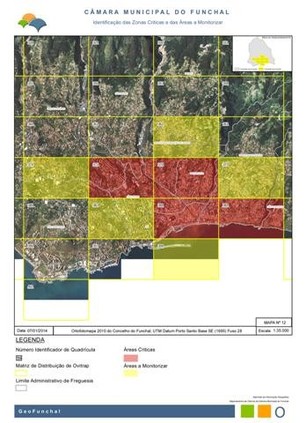 Source: DN Noticias Madeira 2014-07-28
Source: DN Noticias Madeira 2014-07-28 Salt water has been confirmed as an effective measure against the evolution of mosquito larva with little or no relevant environmental impact since most of the city´s road / rainwater drainage systems empty into the sea.
Funchal City Council maintains its own monitoring network of both ovitraps and mosquito traps and sends these results to the regional health board - IASAUDE who in turn, together with a larger monitoring network, produce a regional entomological report.
This combat will continue through to October / mid-November in intervals of no more than 3 weeks and adjusted according the meteorological alterations and monitoring results
Source: DN Noticas Madeira "Operação de combate ao mosquito vector de transmissão da dengue no Funchal", 2014-07-28
| ZINO Consultadoria in partnership with ITB offer a Mosquito Monitoring Programme which allows property managers as well as private individuals to monitor mosquito activity within various areas, using best practice methodology and includes a site visit and recommendations on how to eliminate mosquito breeding grounds and undertake preventative measures. |
| It is also possible to acquire mosquito traps. |
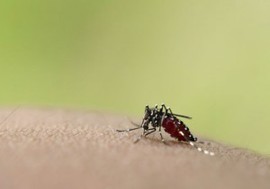
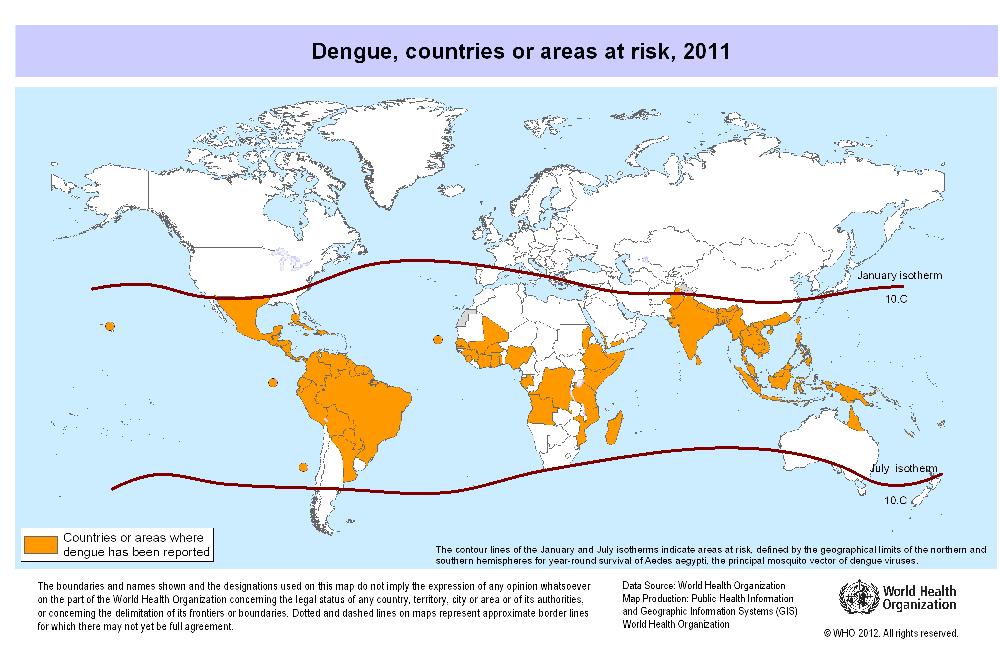
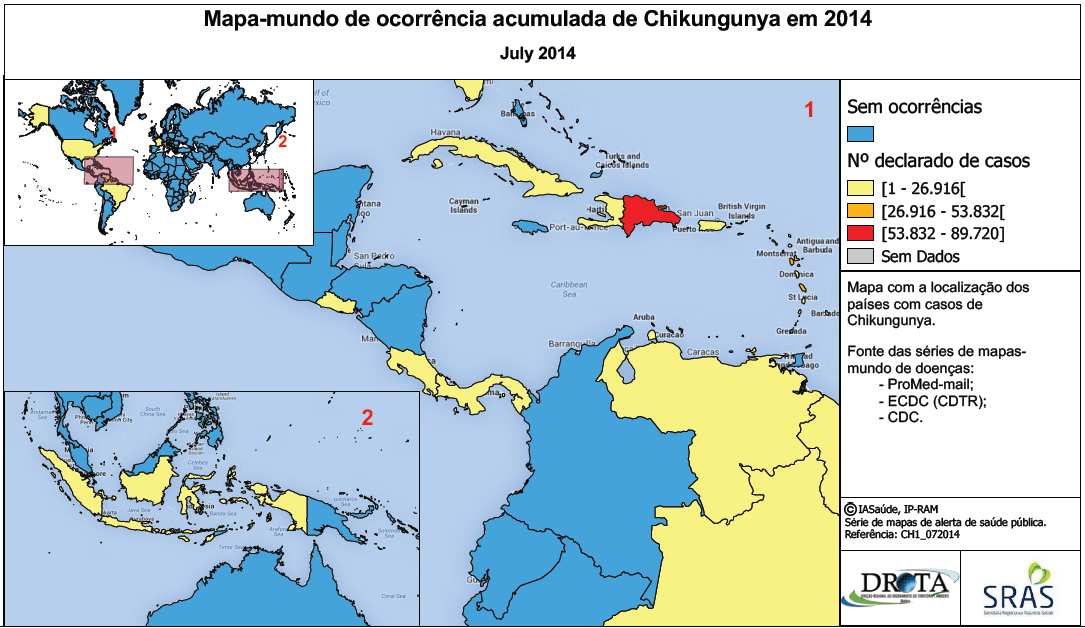
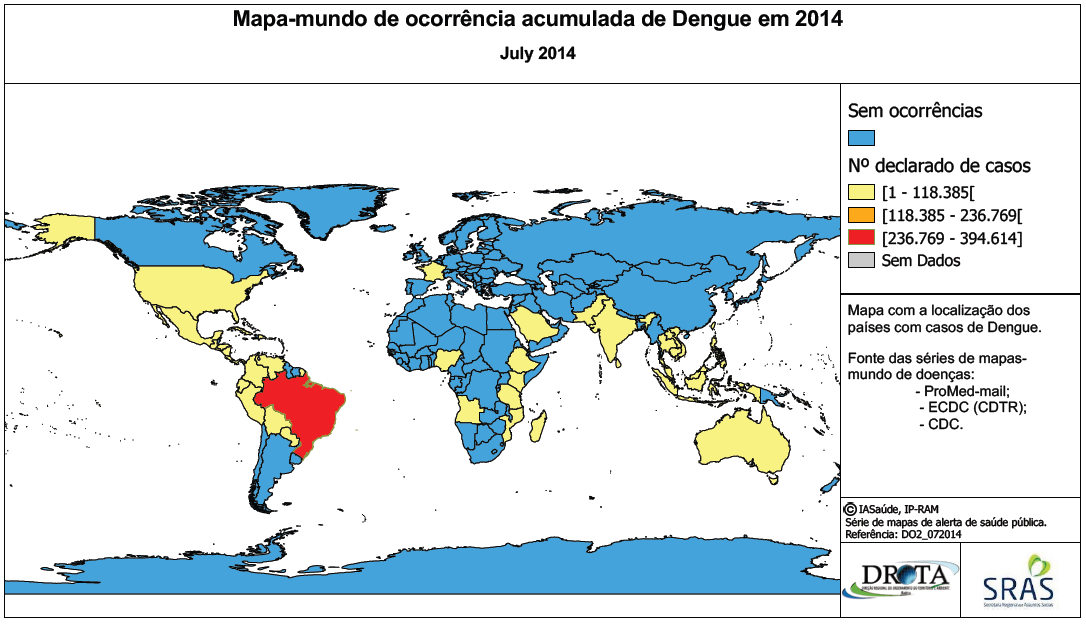
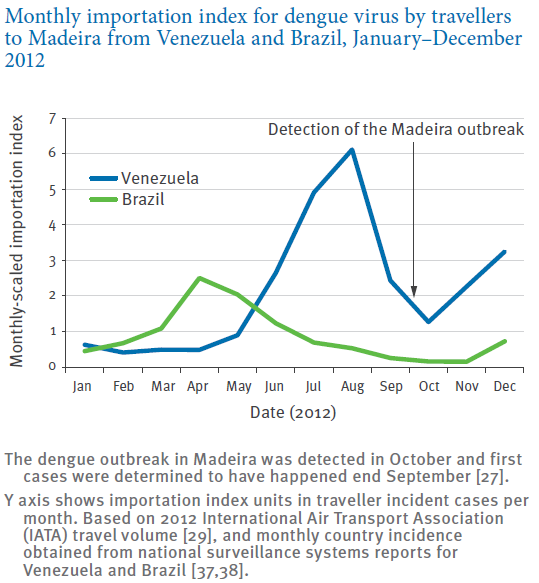
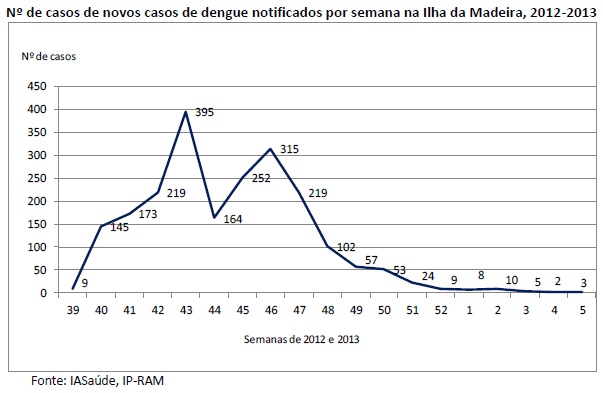
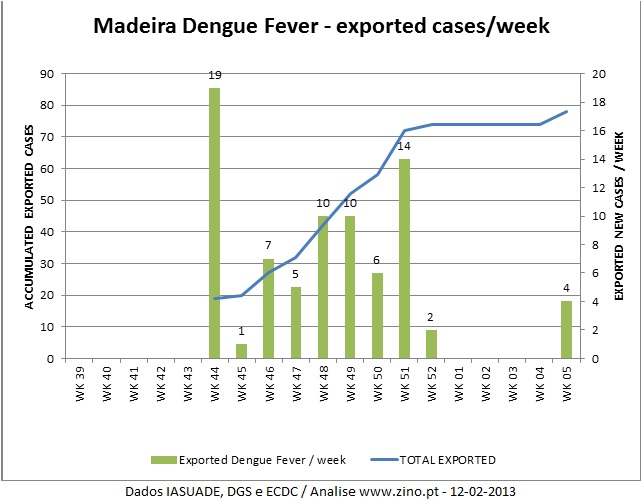
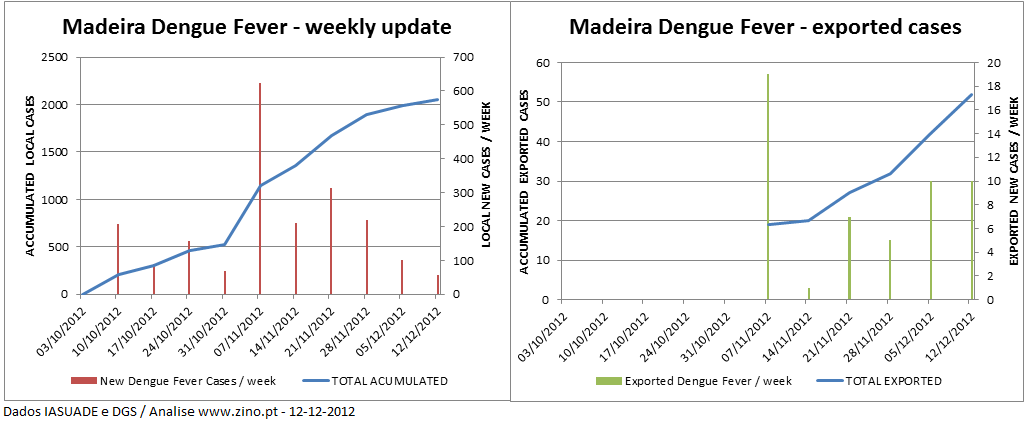
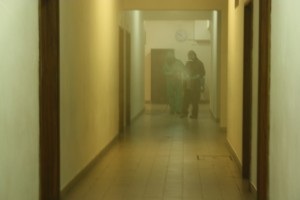
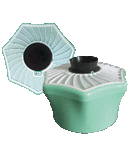
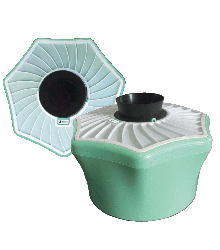

 RSS Feed
RSS Feed
